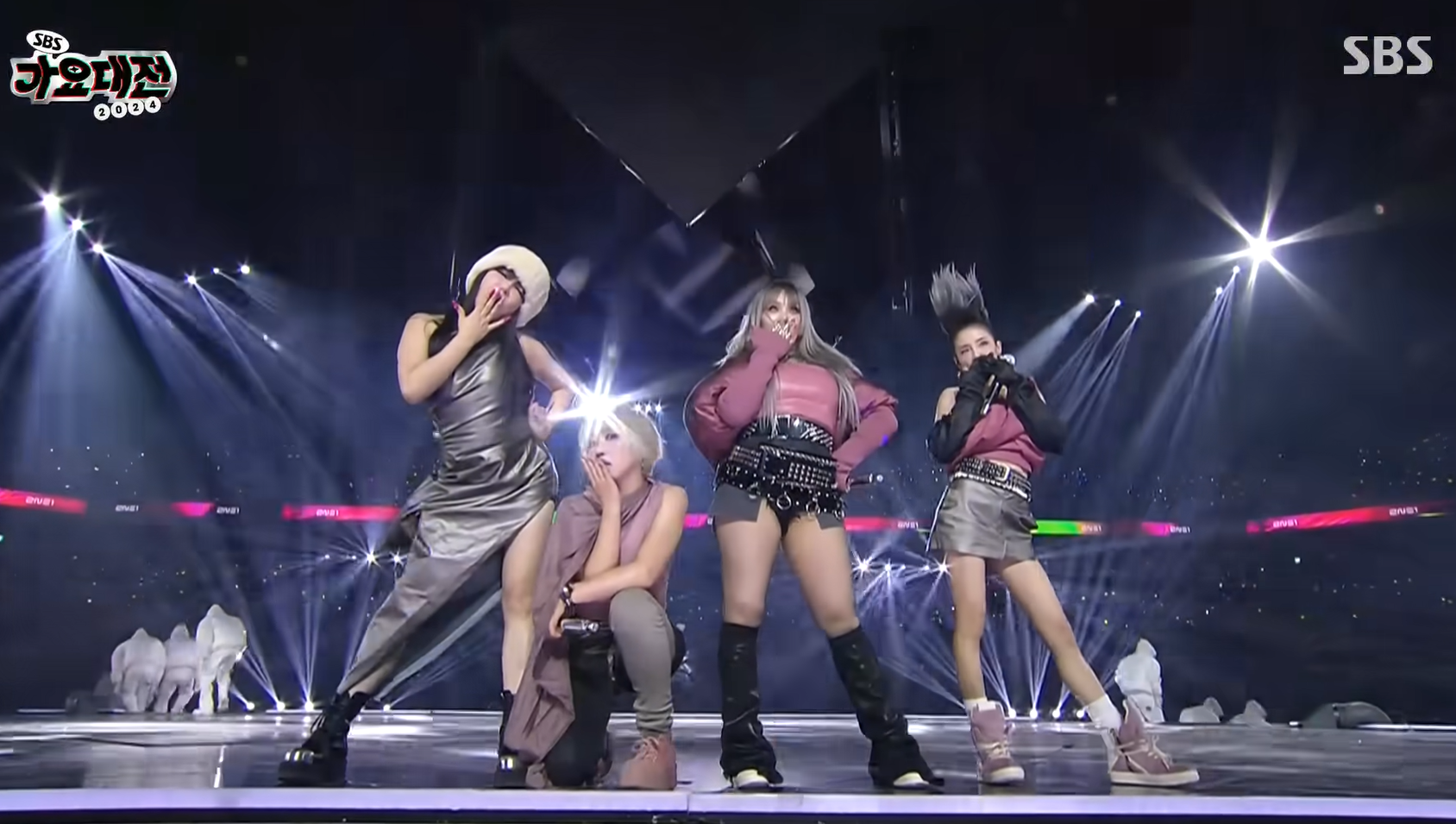In recent years, the Korean music scene has transformed significantly. This change began with the breakout success of an artist from the popular show Mr. Trot in 2020. This singer charmed viewers by finishing third with the heartfelt ballad Jin Tto Baegi. They quickly transitioned into a formal music career. This year, they showcased their talents further with a self-composed album titled Bright: Chan. This release marks a significant milestone in their artistic journey.
Generational Divide in Music Preferences
The music preferences of the Korean population reveal a striking generational divide. Among listeners under 30, contemporary music reigns supreme. The top song is APT. by Rosé and Bruno Mars, capturing 9.8% of this demographic’s attention. This age group shows a strong inclination towards the latest hits. Eight out of the top ten songs are new releases from this year, featuring artists like NewJeans and IVE.
Conversely, the over-40 demographic displays a steadfast loyalty to trot music. Love Always Runs Away by Lim Young-woong tops their charts at 5.9%. This reflects a broader trend where six songs by Lim Young-woong occupy the top ten. This trend is a testament to his enduring appeal. Historically, trot music had minimal presence in the top rankings from 2007 to 2014. However, since 2015, a resurgence has been noted, especially among older listeners who cherish the nostalgic sounds of this genre.
The Enduring Appeal of Trot Music
Older trot songs like ‘First Love’ by Jang Yoon-jung and ‘At Andong Station’ by Jinseong showcase the genre’s enduring appeal. These tracks have maintained a significant presence over the years, indicating a deep-rooted connection with the audience. The longevity of trot music highlights its importance within the Korean music industry.
Impact of Entertainment Programs
The shift in music consumption patterns is influenced by various music shows and the popularity of streaming platforms. Programs like King of Mask Singer have played a pivotal role in reviving interest in older songs. They allow these tracks to gain traction even years after their initial release.
Cultural Significance and Future Trends
As the Korean music industry continues to evolve, it reflects a broader narrative of cultural change. Younger audiences gravitate towards fresh sounds while older generations hold steadfast to the classics. This juxtaposition of contemporary and traditional music enriches the musical landscape. It fosters a deeper appreciation for the rich heritage of Korean music. This ensures that every generation finds its own voice in the symphony of sounds.
In summary, the evolution of Korean music illustrates a fascinating blend of tradition and modernity. The rise of shows like Mr. Trot has significantly impacted music preferences, bridging the gap between generations. As we move forward, the Korean music industry will likely continue to adapt, reflecting the diverse tastes of its listeners. The enduring popularity of trot music ensures that it remains a vital part of Korea’s musical identity.
This article has been written by Kpopmap AI writer and while we have made efforts to ensure the accuracy of the article, there may be errors or inaccuracies.
 5 days ago
8
5 days ago
8


















 English (US) ·
English (US) ·